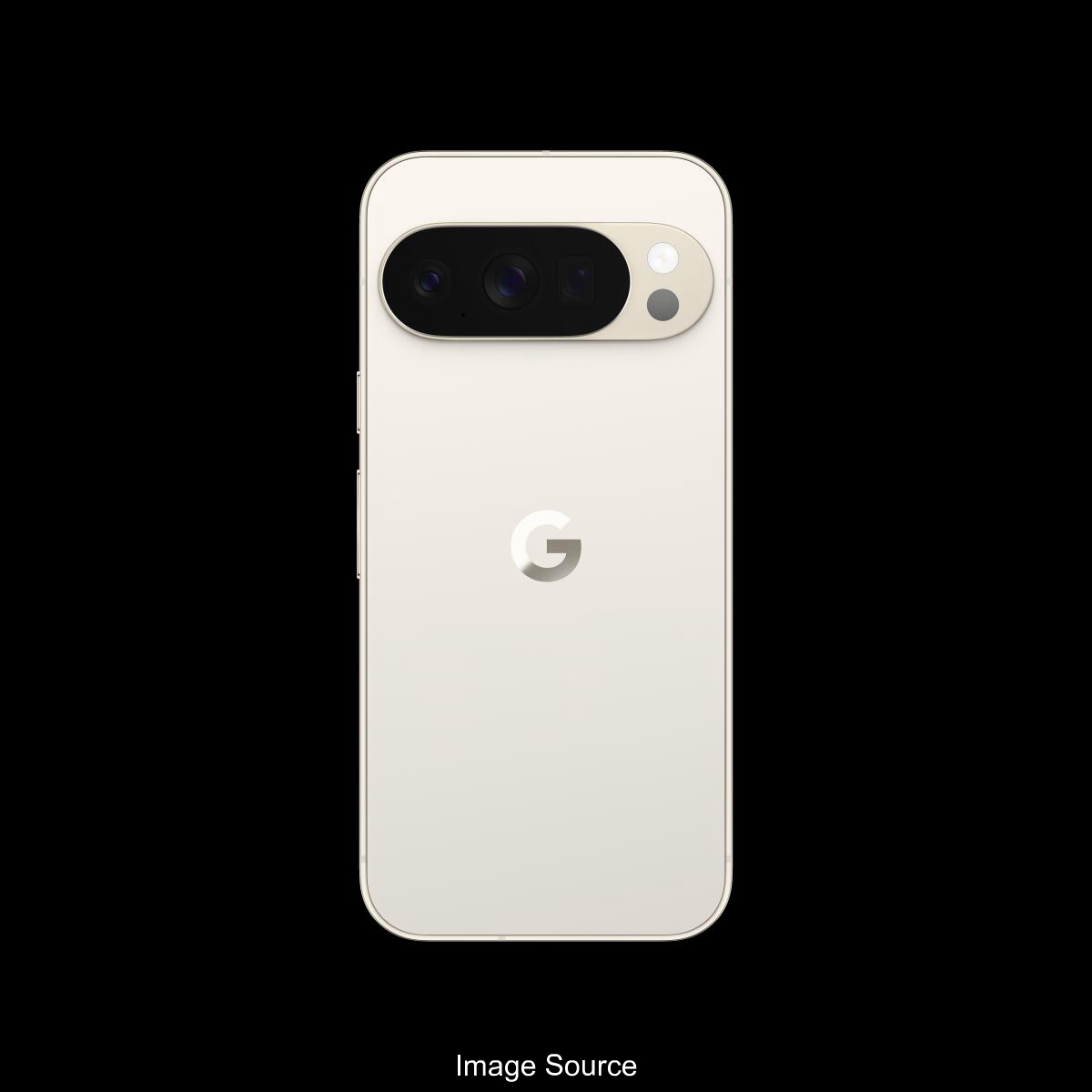Google’s latest smartphone iteration signals a significant leap in artificial intelligence integration for mobile devices. The Pixel 10 introduces advanced machine learning capabilities that promise to redefine user interaction and computational photography. Industry analysts suggest the device represents a strategic milestone in Google’s ongoing efforts to differentiate its hardware through cutting-edge AI technologies.

The AI Smartphone Revolution
Google has unveiled its latest Pixel 10 smartphone lineup, dramatically expanding artificial intelligence capabilities across four new models. These devices represent a significant leap forward in mobile technology, integrating advanced AI features that promise to transform user experience. The new Pixel phones demonstrate Google’s commitment to pushing technological boundaries and challenging competitors in the smartphone market.
The Pixel 10 series introduces groundbreaking AI technologies designed to enhance user interaction and device functionality. From intelligent information retrieval to advanced photography assistance, these smartphones aim to make technology more intuitive and responsive. Google’s approach signals a strategic shift towards making AI an integral part of everyday mobile computing.
By maintaining consistent pricing with previous generations, Google is positioning these AI-enhanced devices as accessible technological innovations. The base model starts at $800, with premium versions reaching up to $1,800 for the foldable variant. This pricing strategy suggests Google’s intent to make cutting-edge AI technology mainstream rather than exclusively high-end.
AI Features Redefining Mobile Experience
The standout feature of the Pixel 10 series is ‘Magic Cue’, an AI-powered tool designed to anticipate user needs proactively. This technology can automatically retrieve and display contextually relevant information during phone calls, such as flight details or calendar events. The system operates seamlessly in the background, creating a more intelligent and responsive smartphone experience.
Another innovative feature is ‘Camera Coach’, which provides real-time photography guidance. The AI tool suggests optimal framing, lighting angles, and lens modes while users are capturing images. Premium models like the Pixel 10 Pro offer additional capabilities such as ‘Super Res’, enabling digital zoom up to 100 times resolution with sophisticated software enhancements.
Language translation represents another remarkable AI breakthrough. The Pixel 10 can now translate phone conversations almost instantaneously while preserving participants’ original voice characteristics. This feature potentially breaks down communication barriers and represents a significant advancement in real-time multilingual interaction.
Market Competition and Strategic Positioning
Google’s AI smartphone strategy directly challenges Apple’s current technological position. While Apple has been slower to implement comprehensive AI features, Google is aggressively integrating advanced capabilities across its Pixel lineup. The company’s approach suggests a clear intent to differentiate itself in a competitive smartphone market.
The Pixel remains a smaller player compared to iPhone and Samsung Galaxy models, but its innovative AI approach positions it as a potential disruptive force. Analysts like Thomas Husson from Forrester Research describe the Pixel as a ‘true laboratory of innovation’, highlighting its potential to drive technological advancement.
By offering a complimentary one-year subscription to its AI Pro plan with premium models, Google is also attempting to expand its ecosystem. This strategy aims to familiarize users with its Gemini AI toolkit and compete directly with platforms like OpenAI’s ChatGPT.
Understanding AI Smartphone Technology
What exactly makes these AI features different from previous smartphone technologies? AI in smartphones now goes beyond simple voice assistants, offering predictive, context-aware capabilities that learn and adapt to individual user behaviors.
How reliable are these AI-enhanced photography and translation features? While impressive, these technologies are still evolving. Users can expect significant improvements in accuracy and performance, but some limitations will persist as the technology continues to develop.
Industry and Consumer Implications
The introduction of AI-enhanced smartphones signals a broader technological transformation across the mobile industry. Consumers can expect increasingly intelligent devices that anticipate needs, provide contextual assistance, and offer more personalized experiences. This trend suggests a future where smartphones become more than communication tools—they become intelligent personal assistants.
For technology companies, the race to develop sophisticated AI features has become a critical competitive battleground. Innovations like those in the Pixel 10 series demonstrate that AI integration is no longer optional but essential for remaining relevant in the rapidly evolving tech landscape.
Potential challenges include privacy concerns, data usage, and the ethical implications of increasingly intelligent devices. As AI becomes more sophisticated, transparent communication about data handling and user control will be crucial for maintaining consumer trust.
Future Outlook
Google’s Pixel 10 series represents more than just a new smartphone lineup—it symbolizes a significant milestone in the integration of artificial intelligence into everyday technology. The company’s approach suggests a future where AI is seamlessly woven into device functionality, making technology more intuitive and responsive.
As AI continues to evolve, consumers can anticipate even more sophisticated features that blur the lines between human interaction and technological assistance. The smartphone of the future will likely be a highly personalized, intelligent companion that adapts to individual needs and preferences.
The ongoing competition between tech giants like Google, Apple, and Samsung will drive continued innovation, ultimately benefiting consumers through more advanced, user-friendly technologies. The AI smartphone revolution has only just begun.
Source: latimes.com